
RFK Jr. stated he "couldn't be more pleased" to announce that COVID-19 vaccination among healthy children and pregnant women has been removed from CDC's immunization schedule.

Joshua Fitch is the senior editor for Contemporary OB/GYN. He joined the brand in January of 2026, after being the senior editor of our sister publication, Contemporary Pediatrics, since March of 2023. Fitch graduated from Youngstown State University in Youngstown, Ohio, in 2020 with a degree in telecommunications and journalism. He started his career as a news and sports videographer before becoming an on-air sports anchor at the NBC-affiliated news station in Youngstown. Fitch briefly worked as a national content writer for a Chicago-based national television station before joining the Contemporary Pediatrics team. He can be reached at: jfitch@mjhlifesciences.com.

RFK Jr. stated he "couldn't be more pleased" to announce that COVID-19 vaccination among healthy children and pregnant women has been removed from CDC's immunization schedule.
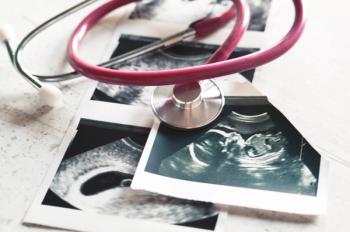
The nearly 4000 cases in 2023 were the highest number reported in over 30 years, the Task Force stated.

Maternal avocado consumption during pregnancy was linked to significantly lower odds of infant food allergy at 12 months.
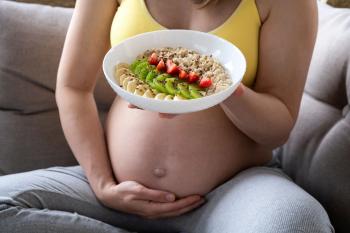
"Our findings support the recommendation of a healthy diet based on the current guidelines (as measured by the HEI) during pregnancy, since it may reduce patterns of infant growth outside reference ranges."
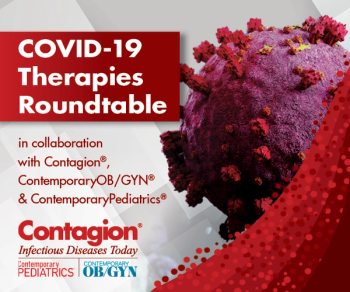
This week the panel weighs in on monoclonal antibodies in this patient population as well as important overall takeaways about COVID-19 therapies.

This week the panel weighs in on treatments not specifically indicated for COVID-19 treatment, including metformin, and concerns around using medications in this way.

In this episode, the panel discusses therapies and care around inpatients including mechanical ventilation, extracorporeal membrane oxygenation (ECMO), and remdesivir.

In our latest roundtable series, we cover different therapies around COVID-19 treatment and prevention.

Research reveals that over a third of adolescents in pediatric emergency departments struggle with access to menstrual products, highlighting the need for improved public health measures.
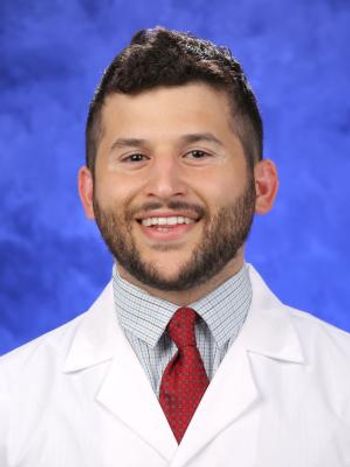
Matthew Nudy, MD, discusses his team's findings on hormone therapy and cardiovascular effects at the 2024 Annual Meeting of the Menopause Society.

Learn how self-advocacy, preparation, and collaboration with doctors can help women gain control over their health and live more fully, free from stigma and shame.

Discover how deepening understanding and providing vetted resources can empower women to reclaim their wellness and navigate the powerful impacts of menopause with confidence.

New research shows fezolinetant significantly reduces the frequency and severity of hot flashes in Hispanic women, offering a safer alternative to hormone replacement therapy.

Fezolinetant offers women a groundbreaking, non-hormonal solution to manage menopause symptoms like hot flashes and sleep disturbances, supported by large clinical trials.

A new study highlights gestational hypertension as a significant predictor of cardiovascular disease in menopausal women, challenging previous assumptions about preeclampsia’s role.

Research reveals that environmental exposures and PTSD from Gulf War service significantly increase the likelihood of early menopause, highlighting the need for targeted reproductive health care for women veterans.

Vanessa Muñiz presents research comparing clinical hypnosis and cognitive behavioral therapy for treating hot flashes, revealing that hypnosis significantly reduces frequency and improves quality of life.

Stephanie Faubion, MD, MBA, medical director of the Menopause Society, shares details from her presentation on hormone therapy at the 2024 Annual Meeting of The Menopause Society.

Lauren Streicher, MD, advocates for practical, individualized solutions for postmenopausal sexual dysfunction, emphasizing increased vascularization, stimulation, and addressing related symptoms.

In this video from The Menopause Society Annual Meeting, Lauren Streicher, MD, talks about what to ask your patients about sexual function.

In a recent study presented at the 2024 Annual Meeting of The Menopause Society, insulin resistance was significantly reduced among postmenopausal women receiving hormone therapy vs placebo.
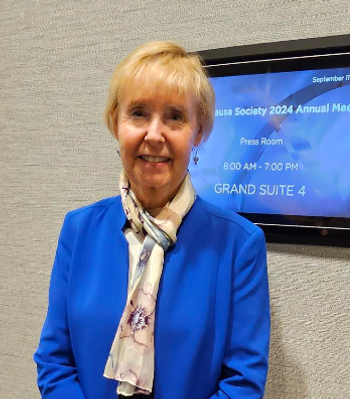
At the 2024 Menopause Society meeting, JoAnn Pinkerton, MD, highlighted phase 3 long-term safety data of elinzanetant from the OASIS 3 trial.

A discussion of vasomotor symptoms and the potential benefits of elinzanetant with Nanette Santoro, MD, from The Menopause Society annual meeting in Chicago, Illinois.

Nanette Santoro, MD, and Lauren Streicher, MD, MSCP, briefly highlight why they feel the annual Menopause Society is a great place for learning and collaboration.

A recent study reveals that consuming fish during pregnancy is associated with a reduced risk of autism in children, while omega-3 supplements show no significant benefit.
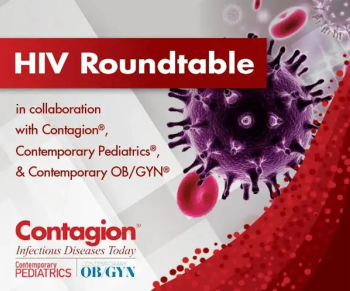
In this last episode, our panel discusses this patient population and the challenges around keeping them in the continuum of care.
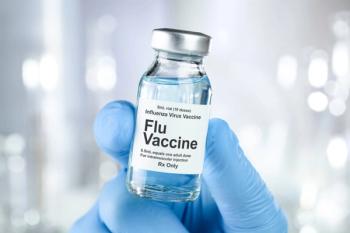
The CDC's latest guidelines for the 2024 to 2025 influenza season include updates to vaccine composition and specific recommendations for high-risk groups, including children, pregnant persons, and solid organ transplant recipients.
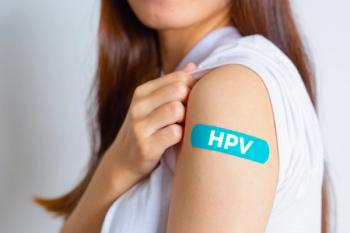
A CDC report shows varying HPV vaccination rates in US-affiliated Pacific Islands, with only some regions on track to meet the 2030 WHO goal.
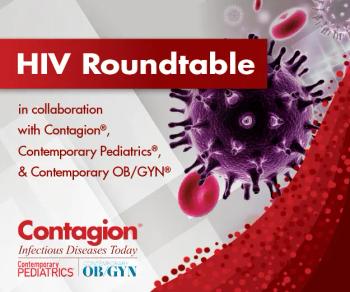
Expert discussion of several topics including diagnosis, clinical management in older adults, multidrug resistance, and long-acting injectables and PrEP.

The USPSTF found insufficient evidence to assess benefits and harms of screening for iron deficiency and anemia or routine supplementation in pregnancy.